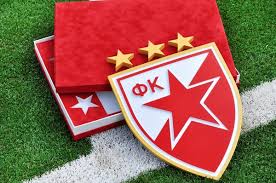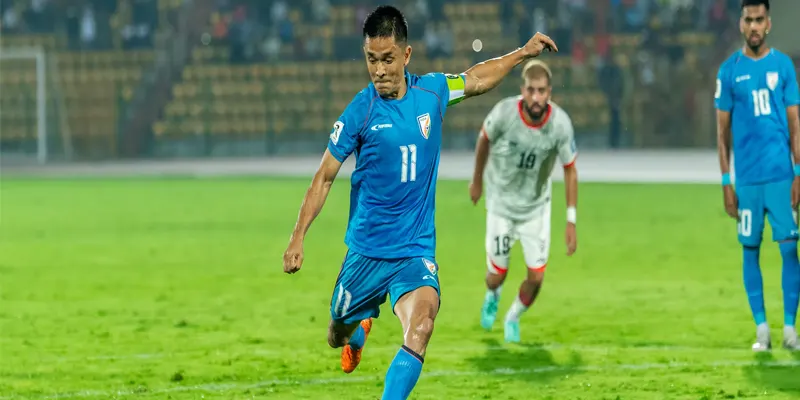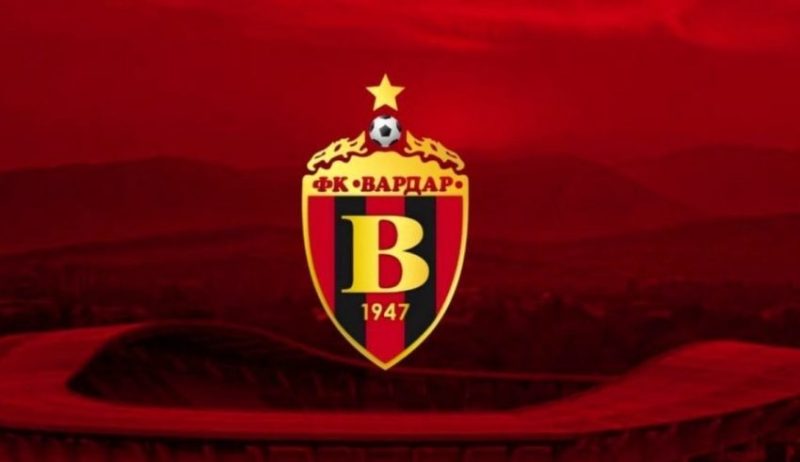
Crvena zvezda FC
Despite its illustrious past, Crvena Zvezda FC faced numerous challenges in the following decades. Political turmoil in the Balkans and economic instability took a toll on the club, testing its tenacity and resolve HUBET.
The Impact of the Yugoslav Wars
The disintegration of Yugoslavia in the early 1990s led to a tumultuous period for Crvena Zvezda. The club suffered not only from loss of financial support but also from disruptions in player transfers and international competitions due to sanctions imposed on the country.
This instability forced the club to lean heavily on its youth academy, fostering a new generation of players who were tasked with carrying on the legacy of their predecessors. While the results on the pitch were inconsistent, this period of rebuilding allowed the club to emphasize its core values and traditions, ensuring that the spirit of Crvena Zvezda remained alive.
Return to Form
As the dust settled in the late 1990s and early 2000s, Crvena Zvezda began to regain its footing. The investment in its youth system paid dividends, and the club experienced a resurgence in domestic competitions.
Winning consecutive league titles reinvigorated the faithful Delije, reminding them of the glorious years of the late 20th century. The return to form infused the entire organization with optimism, laying the groundwork for future successes.
Financial Struggles
Despite the revival in footballing fortunes, Crvena Zvezda faced ongoing financial challenges. The costs of maintaining a competitive squad mounted, and the club struggled to meet the financial demands required to participate consistently at the highest level.
Efforts to stabilize the club financially led to difficult decisions regarding player transfers and managerial changes. While these moves were often met with mixed reactions from fans, the leadership aimed to ensure that Crvena Zvezda could remain competitive while navigating the turbulent waters of modern football economics.


